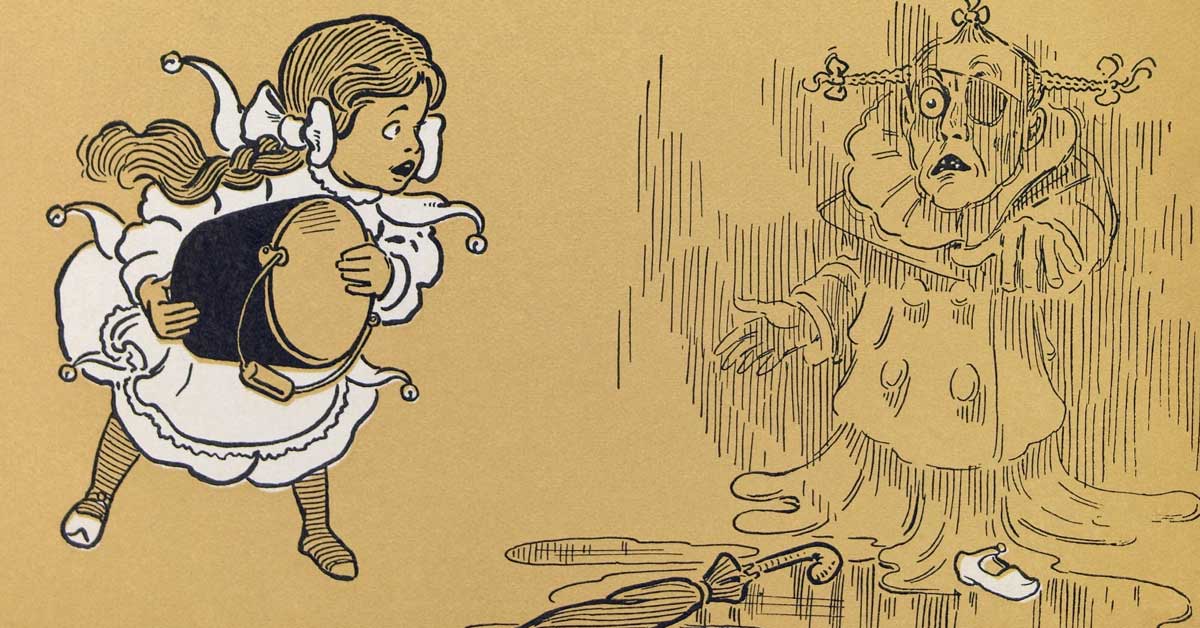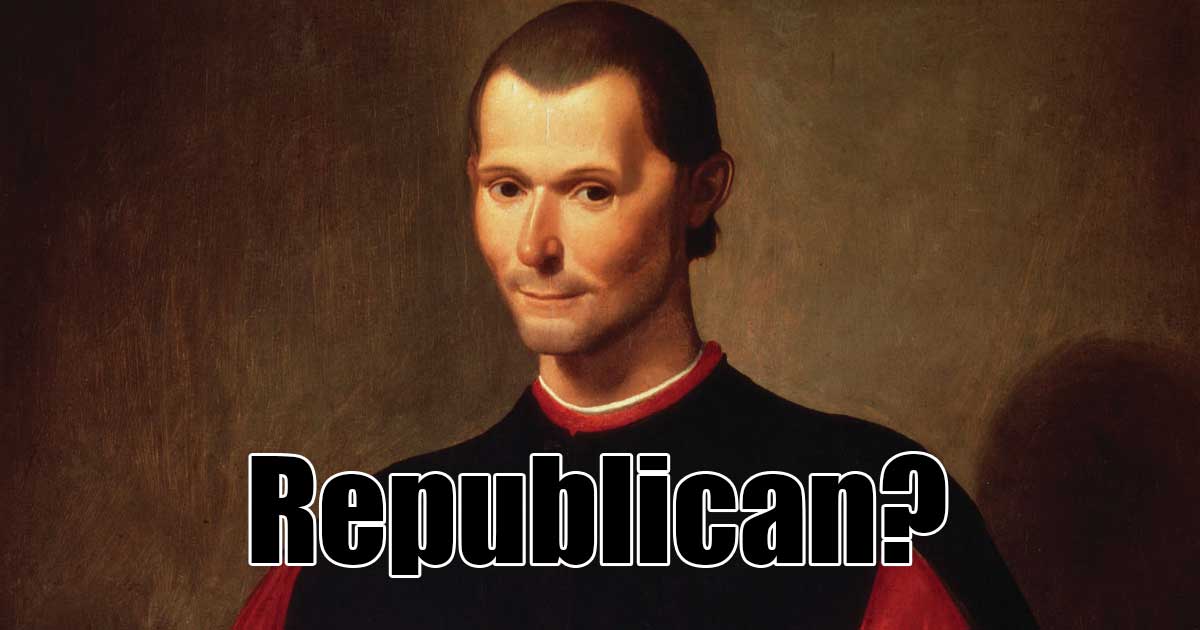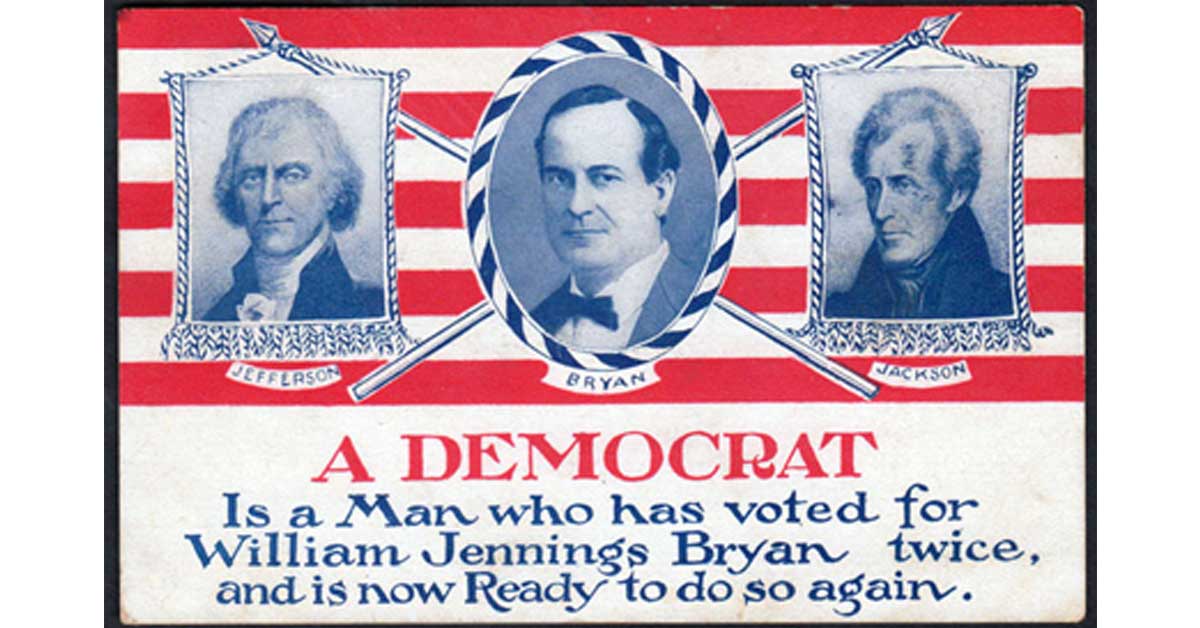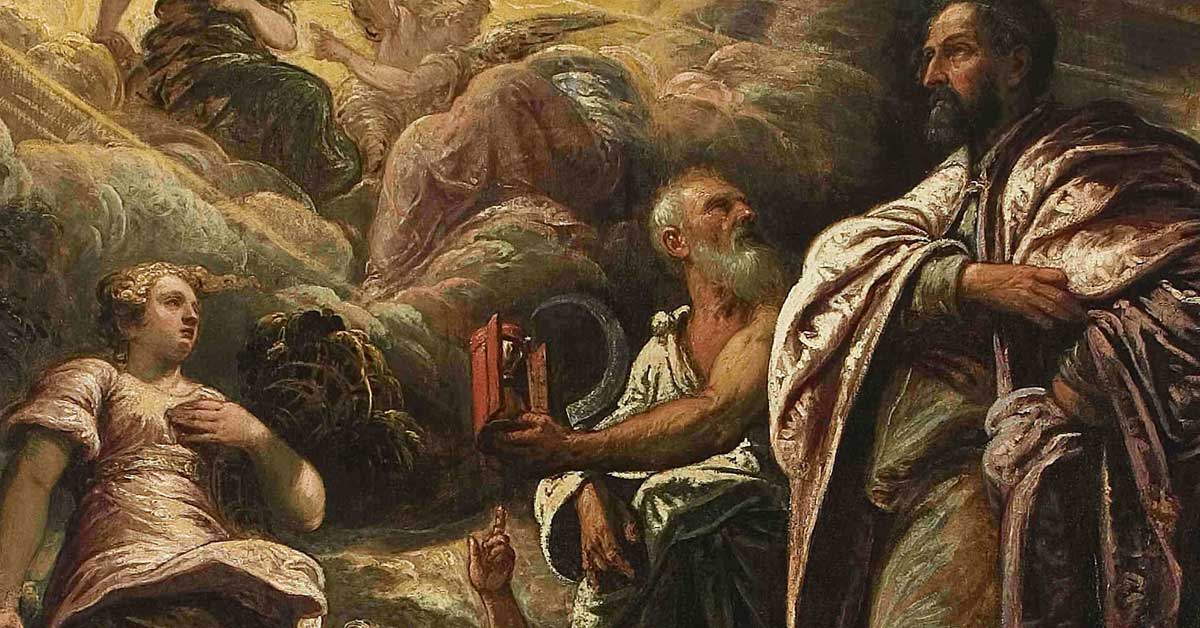Bringing Something Into the Light Takes Away Its Power

Bringing secrets and the taboo “out of the dark and into the light”, by practicing transparency and openness rather than repression, takes away their power.
Thinking is a mental process which allows humans to model the world, philosophy is the attempt to understand the world using logic and reason. The world being both the external and the internal, and both the knowable and unknowable.
For an overview of philosophy see our branches of philosophy page, for an introduction to philosophy check out Reason at Work (Amazon). Philosophy includes everything from economic and political philosophies, to the philosophies of emotions and mind, to cosmological and other other metaphysical questions, to the nature of god and religion, to the very nature of what we can know. Given that every subject has a science and philosophy (with the two often merging, such is the case in theoretical physics or mathematics) we have to be careful not to undervalue the practical aspects of this non-science.

Bringing secrets and the taboo “out of the dark and into the light”, by practicing transparency and openness rather than repression, takes away their power.

The concept of political correctness can be understood as an excess or deficiency of a few key virtues. Here is a model of “the virtues of political correctness” based on Aristotle’s virtue theory of means.

Plato’s Republic, utilitarianism, the philosophies of morality, ethics, politics, virtue, and law are all centered around one question “what is justice?” (AKA “what is fairness?”).

We discuss Republics in general including the philosophy of republics, classical and modern republicanism, and real Republics in-action.

The Economy of Words: The art of communication using all symbolic measures afforded by technology. Or, how to communicate effectively and participate in the information economy, with thrift, despite the tyranny of the terms.

In his Republic, Plato examines how Democracy can lead to Tyranny in a republic. We explain Plato’s theory as it pertains to democracy and tyranny.

The problem with unsubstantiated information is that it is unverified as true, and often leaked by sources with plausible deniability, which is confusing.

Thomas Jefferson is credited with having said, “equal rights for all, special privileges for none,” a slogan that other progressive Democrats like Williams Jennings Bryan embraced.

Although we can consider Jeremy Bentham the founder of modern Utilitarianism, and his successor John Stuart Mill the one who popularized it, early Greek philosophers like Aristotle, Aristippus and Epicurus presented the original Utilitarian / Consequentialist / Greatest Happiness theories.

On this page we discuss the concepts of fairness, justice, morality, and ethics as they relate to Utilitarianism.